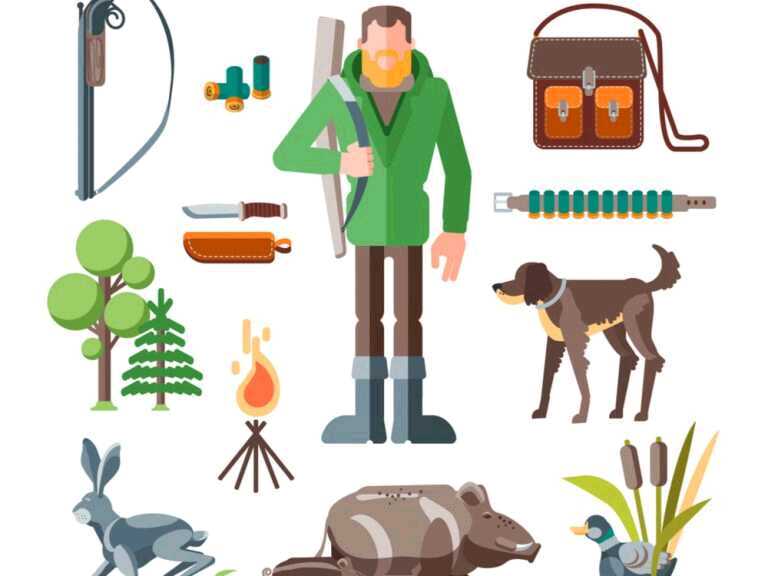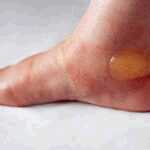
Hunting may just save your life… sort of.
Hunting is as old as life itself. Animals hunt for food, while humans hunt for food, dress, and sport. One of the most important aspects of hunting is detecting prey and masking your own presence. Animals use plants and other animal scents to disguise their presence, and humans have long done the same.
One effort to create a more effective means of masking human scent for deer hunting came upon an unusual premise: if animals use a sense of smell between 500 and 1,000 times more sensitive than that of humans to detect danger, could we detect disease in the same way?
Disease and Scent
Anyone with Type 1 diabetes is likely to be familiar with the concept of ketones, if not the experience of having a blood sugar episode dramatic enough to indicate the presence of ketones. These blood sugar dilemmas are often quickly diagnosed via the unusual scent of ketones present in the urine or sweat, which is described as having a fruity, chemical tone.
This is a dramatic example, as most diabetes patients with high or low blood sugar do not have a discernible change in scent—at least not one detectable to humans. As diabetes alert dogs can attest, though, there are minute changes in your scent and body chemistry, which can be detected in the body.
 Hunting and Its Role in Development
Hunting and Its Role in Development
As developers were working to determine what compounds in human scent were used to alert deer and other prey, it dawned on them: what if we could diagnose disease using a machine that detects small alterations in breath and sweat? The diagnosis tool would be invaluable, and could severely limit the number of people who live with chronic disease and no diagnosis.
Although hunting seems an unlikely partner in identifying a new and more effective means of detecting and diagnosing diabetes, the pairing proved a useful one, as researchers are now on the path to developing just such a device.
Its Role in the Future of Medicine
Although this type of machine could not replace the expertise and treatment doctors provide, it could be a powerful tool for early detection of many illnesses, in addition to diabetes. The human body gives off warning signs and indicators within sweat and breath which could prove invaluable in detecting diseases that might not have any other symptoms, or may have uncommon symptoms.
Hunting has been useful as long as humans have existed, providing hunters with food and clothing, but hunting may have given human beings another gift in the form of a new, more effective method of diagnosis.
ReferencesACS. Accessed 10/19/17.
American Hunter. Accessed 10/19/17.
